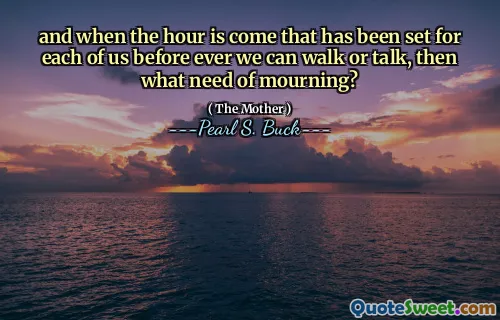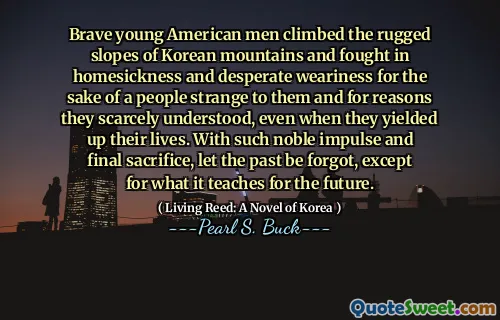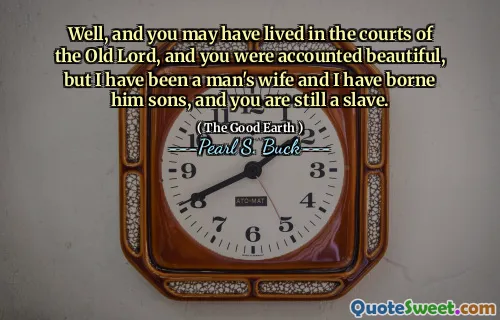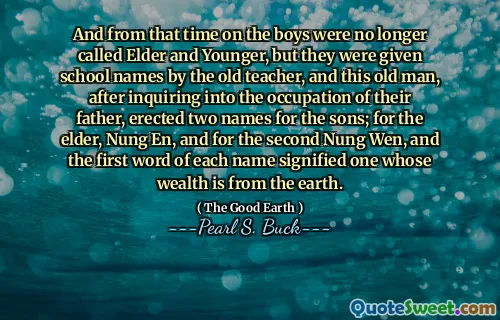Pearl S. Buck was an influential American author known for her novels that explored themes of culture, identity, and the human experience. Her most famous work, "The Good Earth," received widespread acclaim and won the Pulitzer Prize in 1932. Buck's writing often drew on her experiences living in China, as she spent much of her early life there due to her missionary parents. This background provided her with unique insights into Eastern and Western cultures, shaping her literary voice and perspective. Throughout her career, Buck wrote extensively about the struggles of individuals facing societal challenges. Her characters often grapple with issues of poverty, gender roles, and the clash of traditions in a rapidly changing world. In addition to her fiction, she was a passionate advocate for social justice and civil rights, using her platform to raise awareness about various social causes, including labor rights and women's rights. Pearl S. Buck's legacy extends beyond her literary contributions; she remains a symbol of cultural understanding and advocacy. Her works continue to resonate with readers, reflecting the complexities of human relationships and the importance of empathy in bridging cultural divides. Buck's life and writings serve as a reminder of the power of literature to foster communication and highlight the shared experiences of humanity.
Pearl S. Buck was born on June 26, 1892, in Hillsboro, West Virginia. She grew up in China and became deeply influenced by Chinese culture and traditions, which she later portrayed in her literary works.
In addition to her writing, Buck was a public intellectual and humanitarian who addressed issues such as women's rights, racial equality, and the importance of education. Her advocacy work complemented her literary career, aiming to make a meaningful social impact.
Buck's legacy as a writer and activist is celebrated worldwide, demonstrating her commitment to fostering understanding among different cultures. She passed away on March 6, 1973, leaving behind a rich body of work that continues to inspire readers today.
More »
Today Birthdays
1955 -
Max Lucado
1946 -
John Piper
1842 -
William James
1907 -
Abraham Joshua Heschel
1887 -
Aldo Leopold
1755 -
Alexander Hamilton
1976 -
Alethea Kontis
1971 -
Mary J. Blige
1825 -
Bayard Taylor
1943 -
Jim Hightower
1885 -
Alice Paul
1923 -
Carroll Shelby
1928 -
David L. Wolper
1954 -
Kailash Satyarthi
1972 -
Amanda Peet
1946 -
Naomi Judd
1970 -
Malcolm D. Lee
1955 -
Christian Marclay
1973 -
Rahul Dravid
1987 -
Jamie Vardy
1942 -
Clarence Clemons
1992 -
Fatima Sana Shaikh
1948 -
Larry Harvey
1930 -
Rod Taylor




